Microsoft to add multi-core, microSD support and encryption to Windows Phone 8
New devices will have a "shared core" with Windows 8 to bring desktop features to mobile platforms
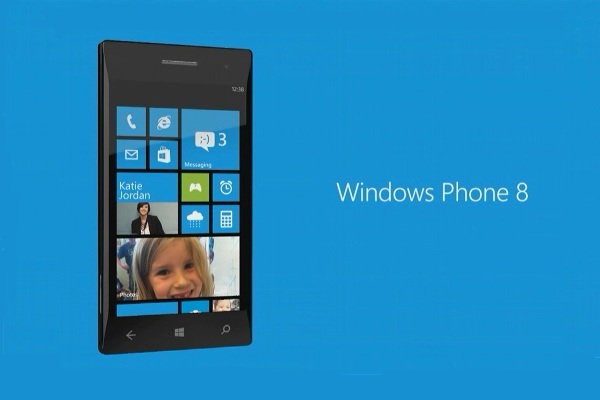
Microsoft has given the world a preview of its Windows Phone 8 mobile operating system, debuting a raft of features including enhanced enterprise support.
The core of Windows Phone has been upgraded and will now be based on Windows 8 code instead of the older Windows CE. This will allow Microsoft and developers to port over features from the desktop to the mobile OS and do it faster, explained Joe Belfiore, corporate vice president at Microsoft, during the Windows Phone Summit.
WP8 will support multi-core processors, 720p and WXGA resolutions and microSD cards.
"We're going to see a wider range of phones, capabilities and price points. [The shared core] also means a huge amount for end-users and developers in terms of apps," he said.
"Developers who are working on Windows 8 [will] have an incredibly easy transition [to WP8]."
Belfiore admitted that IT admins have "been dissatisfied" with WP7's enterprise features. Microsoft plans to address this by adding full BitLocker encryption and secure boot, as well as allowing admins to deploy apps to employees.
Thanks to the Shared Core', admins will also be able to manage PCs and Windows Phone 8 devices using the same technology.
Get the ITPro daily newsletter
Sign up today and you will receive a free copy of our Future Focus 2025 report - the leading guidance on AI, cybersecurity and other IT challenges as per 700+ senior executives
In terms of hardware upgrades, the Windows Phone 8 will include support for multi-core processors, higher resolutions including 720p (1280x720) and WXGA (1280x768) and allow users to boost storage with microSD cards.
NFC will be built-in, with Belfiore proclaiming that "Windows Phone 8 will include what we think [will be] the most complete wallet experience on any phone".
Windows Phone users will be able to carry out mobile payments using a "secure SIM", as well as carry out transactions using loyalty and membership cards.
From the software perspective, Microsoft will let users change the size of Live Tiles on the Start Screen, allowing a degree of customisation. Nokia Maps will be integrated into the OS, providing features such as turn-by-turn navigation
Microsoft has deeply integrated VOIP into Windows Phone, leveraging the firm's acquisition of Skype. Calls made using Skype will look and feel just like a regular phone call, the software giant claimed.
Interestingly, Microsoft has boosted voice functionality. Users will not only be able to open apps, but control them from within using their voice.
The app that allows users to do this will be called Audible and is available today for WP7 devices. Any developer will be able to use standard Microsoft tools to build speech controls into their app.
Microsoft will also boost the internet experience with Internet Explorer 10 coming to WP8. Belfiore claimed the Javascript performance of IE10 will be 4x faster than Windows Phone 7.5 and that HTML5 performance will be twice as fast as the previous generation.
Belfiore suggested that Windows Phone 8 will be available in the autumn but no concreate release date has been announced.
Existing Windows Phone users will only be able to upgrade to version 7.8, as their devices do not have the hardware to take advantage of all the new features.
-
 Cleo attack victim list grows as Hertz confirms customer data stolen
Cleo attack victim list grows as Hertz confirms customer data stolenNews Hertz has confirmed it suffered a data breach as a result of the Cleo zero-day vulnerability in late 2024, with the car rental giant warning that customer data was stolen.
By Ross Kelly
-
 Lateral moves in tech: Why leaders should support employee mobility
Lateral moves in tech: Why leaders should support employee mobilityIn-depth Encouraging staff to switch roles can have long-term benefits for skills in the tech sector
By Keri Allan
-
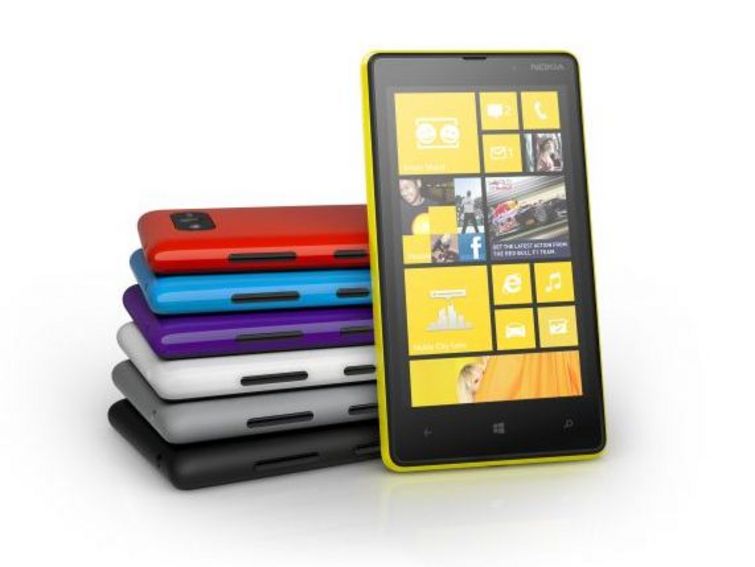 Best Windows Phone apps for 2018
Best Windows Phone apps for 2018Best We list the important Windows Phone apps to help you choose what to download
By Rene Millman
-
 RIP Windows Phone: Microsoft ends support for its dying OS
RIP Windows Phone: Microsoft ends support for its dying OSNews Windows Phone 8.1's support finished yesterday - will Windows 10 Mobile last much longer?
By Alan Martin
-
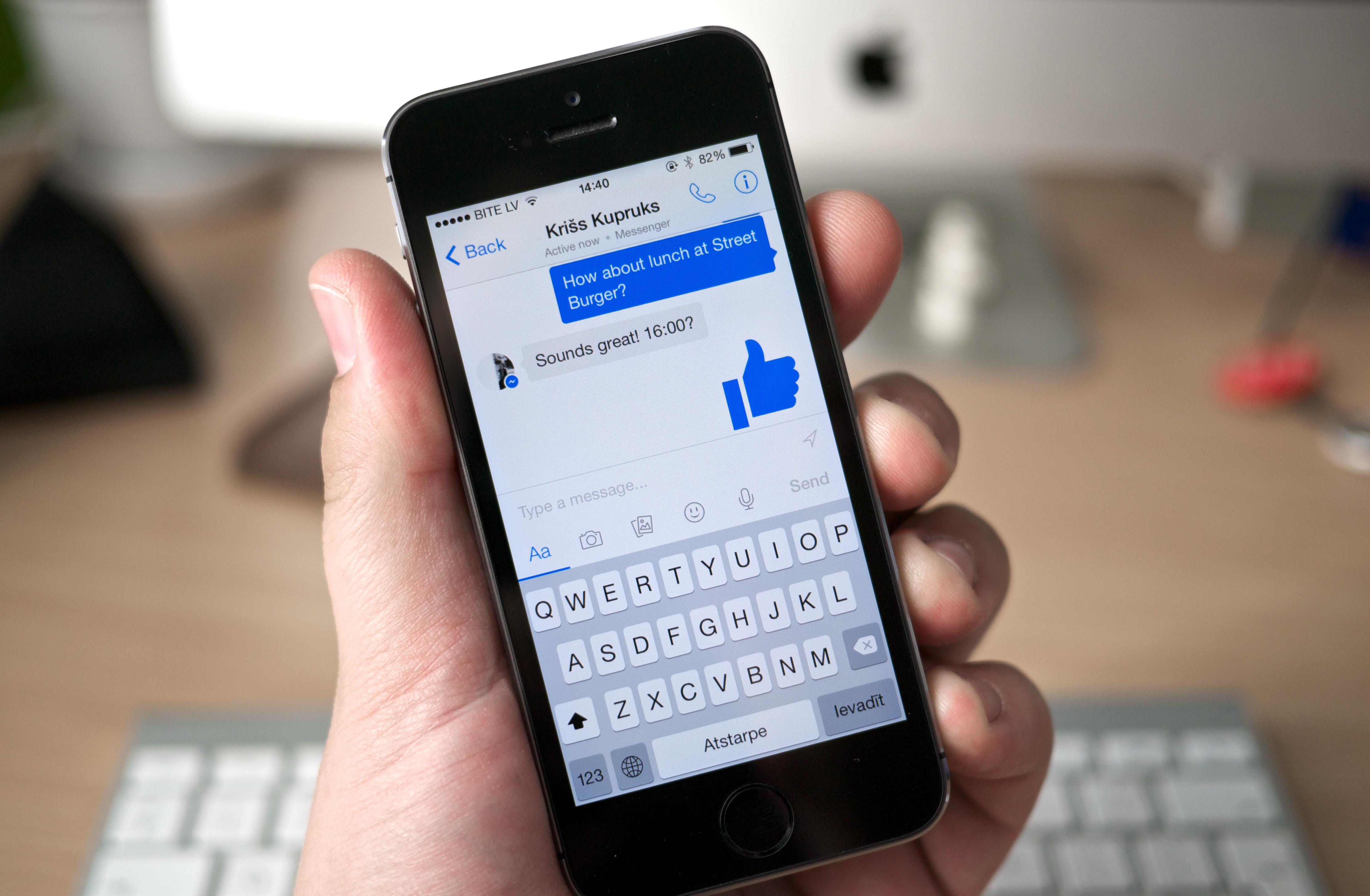 Facebook messenger not working? Your phone might be too old
Facebook messenger not working? Your phone might be too oldNews Certain smartphone users will no longer be able to access their Facebook messages
By Kylie Marshall
-
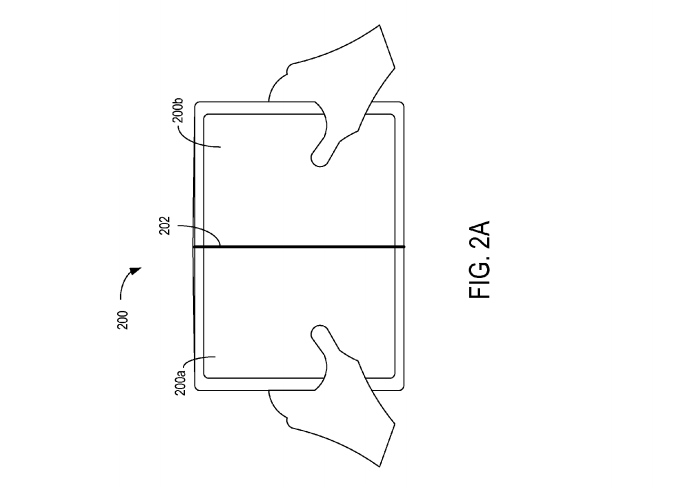 Microsoft patents a foldable Surface phone
Microsoft patents a foldable Surface phoneNews Will Microsoft build a Surface flip phone?
By Kylie Marshall
-
 Microsoft axes nearly 3,000 staff from smartphone division
Microsoft axes nearly 3,000 staff from smartphone divisionNews Total number of job cuts, across smartphone hardware and sales, in 2016 climbs to 4,700
By Jane McCallion
-
 Microsoft's results show Windows Phone really is dead
Microsoft's results show Windows Phone really is deadNews Overall, Microsoft income slumps to $20 billion despite cloud gains
By Rene Millman
-
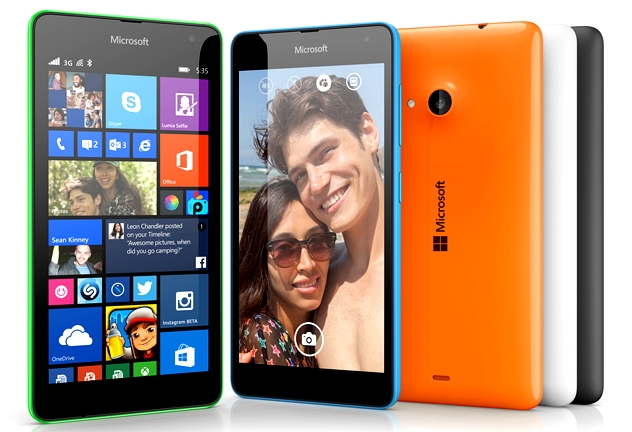 Microsoft Lumia 535 review
Microsoft Lumia 535 reviewReviews This Windows phone is the runt of the litter
By Adam Shepherd
-
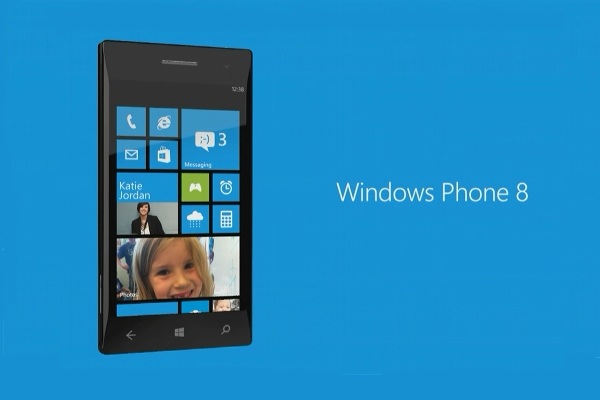 Is Windows Phone dead?
Is Windows Phone dead?Analysis As revenues plunge, we ask whether anyone can revive Microsoft's mobile enterprise
By Max Slater-Robins